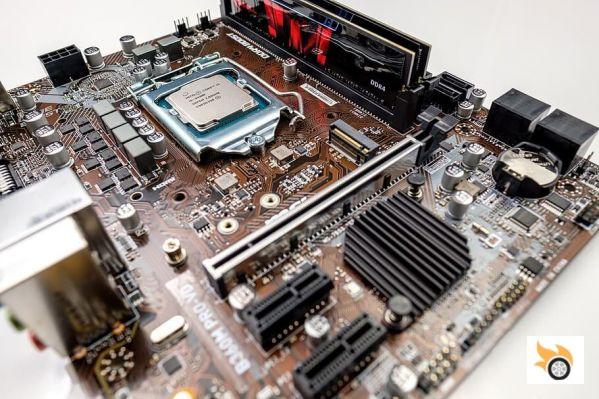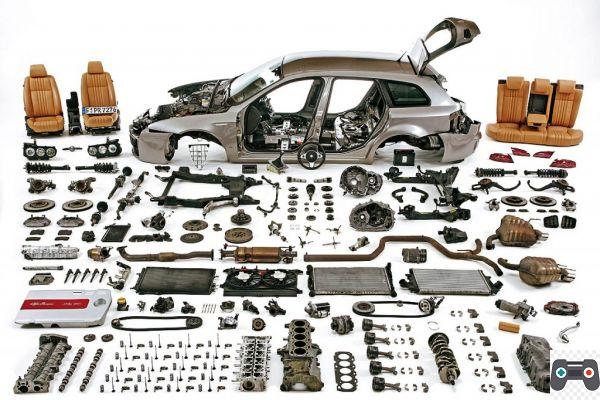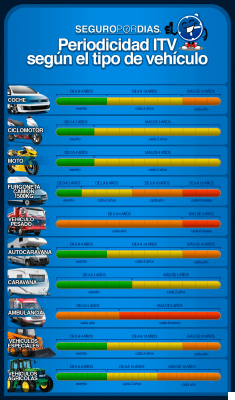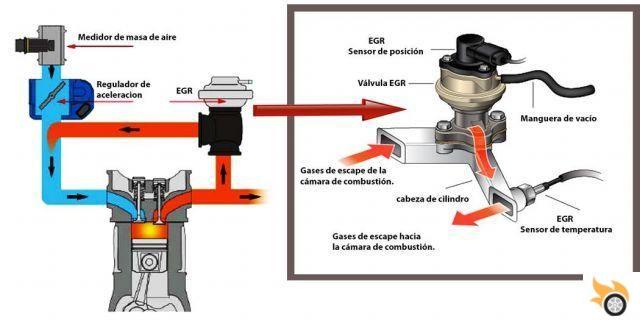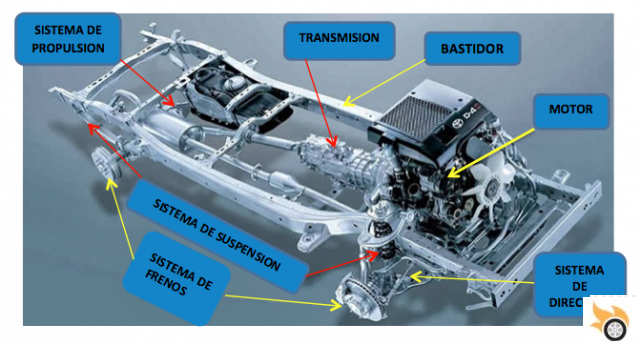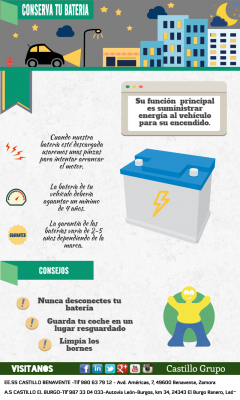 Article on information systems
Article on information systems
Introduction
Welcome to our article on information systems. In this text, we will explore what an information system is, its different types, concept, definition, and examples. We will also analyze the importance of information systems in companies and the functions they perform. In addition, we will provide reliable sources where you can find more information on this topic.
What is an information system?
An information system is a set of interrelated elements that work together to collect, process, store, and distribute information to support decision-making, control, and coordination in an organization. These systems can be manual or automated, and are used in a wide variety of fields, such as administration, accounting, logistics, and production.
Types of information systems
There are different types of information systems, each designed to meet specific needs. Some of the most common types are:
Transactional information systems
These systems are used to record and process daily business transactions, such as sales, purchases, and payments. They are fundamental to the operation of a company and are usually backed by a database.
Decision support information systems
These systems help managers and executives make informed decisions by providing them with relevant information and data analysis. They use techniques such as data mining and predictive analytics to identify patterns and trends.
Management information systems
These systems are used to manage and control the daily operations of an organization. They include functions such as enterprise resource planning (ERP), customer relationship management (CRM), and supply chain management (SCM).
expert information systems
These systems use specialized knowledge to solve complex problems in a specific field. They are based on rules and algorithms developed by human experts and can perform tasks that would normally require the intervention of an expert.
Functions of information systems in companies
Information systems perform various functions in businesses, including:
Process automation
Information systems automate repetitive tasks and processes, saving time and reducing errors. For example, an information system can automate the billing process, automatically generating invoices and sending them to customers.
Data storage and management
Information systems allow large amounts of data to be stored in an organized and secure manner. In addition, they provide tools to manage and access this data efficiently. This is especially useful in companies that handle large volumes of information.
Decision Support
Information systems provide relevant information and data analysis that help managers and executives make informed decisions. These systems can generate reports, graphs, and tables that summarize the key information needed for decision making.
Improved communication and collaboration
Information systems facilitate communication and collaboration between the different departments and employees of a company. They allow information to be shared quickly and efficiently, which improves coordination and teamwork.
Reliable sources of information on information systems
If you are interested in obtaining more information about information systems, we recommend that you consult the following reliable sources:
- Wikipedia
- Lifeguard
- joy
- Brainly.lat
- Graphic organizers
FAQs (Frequently Asked Questions)
1. What is the difference between an information system and a computerized information system?
An information system refers to a set of interrelated elements that work together to collect, process, store, and distribute information. It can be manual or automated. On the other hand, a computerized information system is a type of information system that uses computer technology to perform these tasks more efficiently and accurately.
2. What are the main types of information systems according to Kyocera?
According to Kyocera, the main types of information systems are transactional information systems, decision support information systems, management information systems, and expert information systems. Each of these types has specific features and functions that make them suitable for different business needs.
Conclusion
In summary, information systems are fundamental elements in the operation of companies. They allow information to be collected, processed, stored, and distributed efficiently, which facilitates decision-making, control, and coordination. There are different types of information systems, each designed to meet specific needs. In addition, it is important to have reliable sources of information to expand our knowledge on this topic. We hope this article has been useful and we invite you to leave us your comments and questions.
Until next time!





